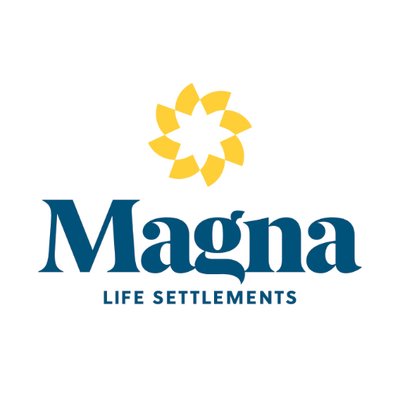Life Settlements in New York
All over New York you have seen TV commercials, newspaper advertisements, and the Internet are abuzz with life settlement promotions. All this publicity and advertising has come about for good reason.
Life insurance settlements has grown into a billion-dollar industry. Its popularity stems from the benefits it supplies to seniors and others who no longer need their life insurance. If this seems like a win-win, that’s because it is. Life settlements increase the policyholder’s quality of life and financial health, but all of this only makes sense if policyholders no longer need their life insurance policies.
Magna Life Settlements Overview
How do Life Settlements in New York work?
Life settlements are transacted by life-settlement providers. The policyholder contacts the life settlement provider, who verifies the policyholder’s eligibility. Institutional investors, such as hedge funds, buy the policies. The provider then pays the policyholder, minus any applicable fees.
How much are life settlements worth?
Settlement amounts depend on the size of the policy’s death benefit. Settlements are always higher than the cash surrender value of the policy but lower than the death benefit. For example, if a policy has a death benefit of $100,000 and a current cash surrender value of $10,000, the settlement amount would be between these two numbers. The amount depends on what the investors are willing to pay and how competitive the marketplace is.
Investors weigh how long they expect it to take for their investment to pay off. How do investors profit? The investor’s profit is the difference between what they pay for the policy and the death benefit. Under life-settlement contracts, the investor receives the benefit when the policyholder dies. For example, if an investor purchases a policy with a $100,000 death benefit for $50,000, the investor revenue is $50,000. The investor realizes the profit when the insurance company pays the death benefit but must continue to pay premiums each year and must realize a gain for the time value of money.
Who should employ a life settlement?
A life settlement should be employed by policyholders who no longer have the need for a death benefit. Often, this is the case with elderly people. They may have purchased the policy during their working years in order to protect their children in the event of their untimely death. Now that the children are grown, they realize the death benefit is no longer necessary. If they need the cash now, it makes sense to enter into a life settlement.
Is a life settlement a better option than cash surrender?
A cash surrender and a life settlement both eliminate the death benefit for the policyholder’s beneficiaries. Because the life settlement pays out more than a cash surrender, it is the better option.
Who should not employ a life settlement?
Anyone who wants the death benefit to go to their named beneficiaries.
What type of life insurance policies qualify?
Whole life or universal insurance policies qualify for life settlements. Term life qualifies if the policy is first converted to whole life or universal life. Many term policies offer policyholders the guaranteed right to convert some of their term coverage to whole life.
Please check out all states that Magna Life Settlements is currently servicing on our Life Settlements Map.









